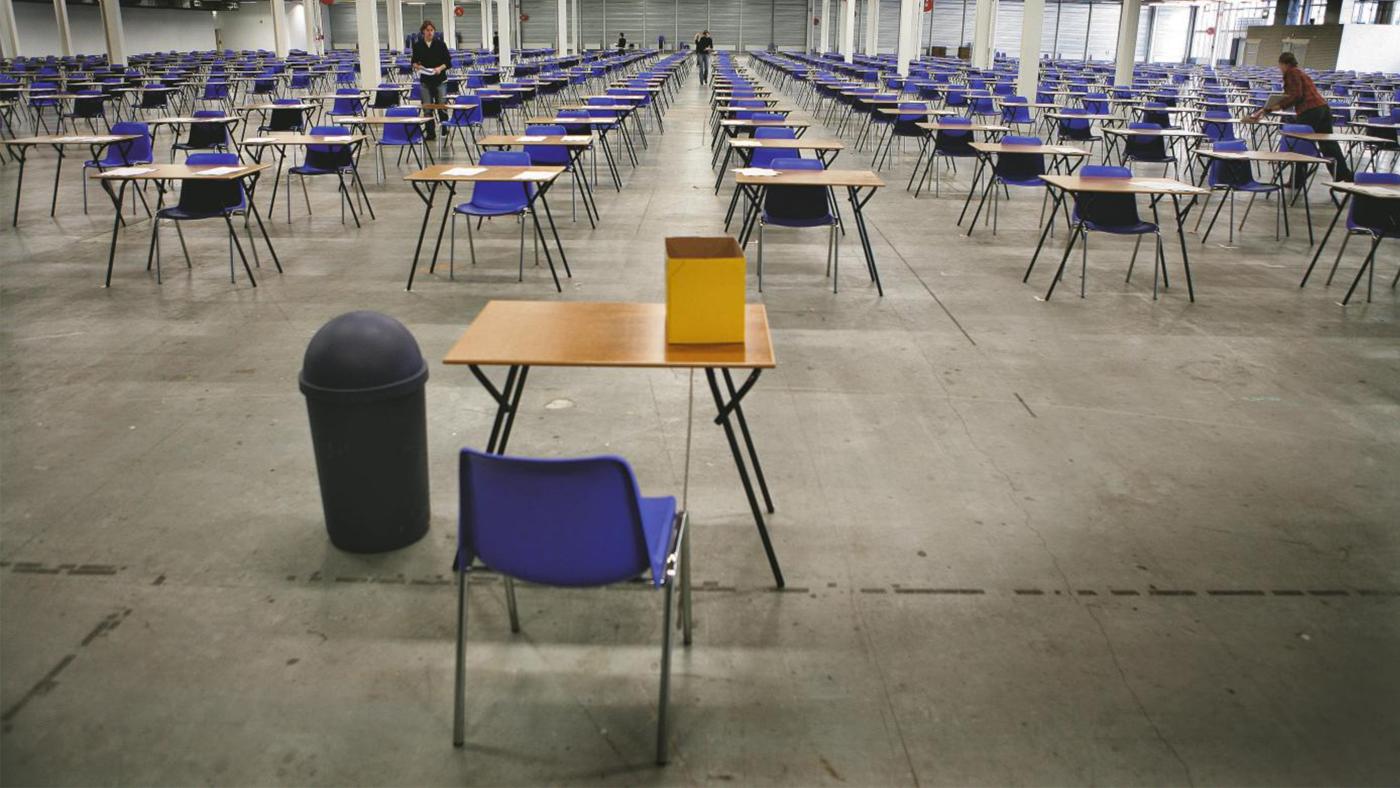Examination boards are given insufficient time
Inspection sees 'major risk' for final level of education programmes

Examination boards must guarantee the value of diplomas issued by universities and universities of applied sciences. They judge cases of fraud, verify whether the assessment process is in order, and, ideally, also evaluate the coherence of the curriculum.
Ideally, the members of an examination board should be independent. In reality, this is a small world. In addition to lecturers from the programme in question, these boards must also have an external member. Managers or other employees with financial responsibility are not allowed to join.
Not enough time
Even though their work is very important, fifty per cent of the chairs of examination boards say they do not have enough time for it. Only 44 per cent report having time for professional development, such as taking a course to improve their ability to monitor the final level.
A fresh report by the Education Inspectorate calls this 'a major risk to quality assurance'. The situation is worse at research universities than in universities of applied sciences, though a significant proportion of the boards are under pressure in both types of institution.
Worse still, this isn't news. The inspectorate basically wrote the same thing ten years ago, and little seems to have improved since then. Given ‘the persistence of inadequate facilitation’, the inspectors believe that national guidelines should be introduced.
ChatGPT
The importance of national guidelines has become even more pronounced now that the rise of generative AI (programmes such as ChatGPT and Copilot) is forcing educational programmes to reconsider their approach. Fraud is lurking around the corner, and educational programmes will probably have to start testing students differently.
‘Even with the rapid rise of generative AI and its likely widespread use among students, the examination board must be able to keep guaranteeing the value of every certificate issued by the institution,’ writes the Education Inspectorate.
This is not easy if examination boards do not have time to improve their skills. The inspectorate is concerned because things are moving so quickly. ‘It is clear that this development requires a great deal of effort from all those involved.’
Educational innovation
The inspectorate recommends that programmes learn more from each other and their students. If they are considering a drastic overhaul of their teaching, they should consult closely with the examination board first.
Educational reforms have gone wrong in the past. ‘Educational innovations are sometimes introduced hastily, without examiners and examination boards being sufficiently prepared,’ writes the inspectorate. Educational institutions must therefore allocate more funds to examination boards, even if they are short on resources. ‘The inspectorate calls on boards to ensure sufficient facilitation, despite national budget cuts.’
Postponement
The inspectorate warns that if administrators ignore this advice, this will have consequences for education. ‘Limited capacity and/or a lack of financial resources at examination boards may make it necessary to delay or postpone innovations.’
Comments
We appreciate relevant and respectful responses. Responding to DUB can be done by logging into the site. You can do so by creating a DUB account or by using your Solis ID. Comments that do not comply with our game rules will be deleted. Please read our response policy before responding.